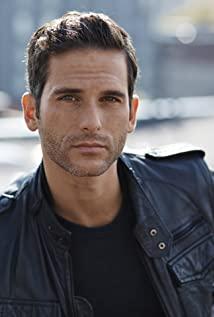The film’s rhythm is steady, the details are in place, the plot is touching, and it cleverly combines some intriguing jokes with thought-provoking life issues, and shows the audience a less common Ben Stiller .
The audience may think that this father is a bit nervous, but in fact, the film is very natural. Brad loves his son. He takes great pains to schedule an interview for his son. He did not do anything inappropriate to the two female students. All Both regret and loss are presented through inner monologues. Here, it seems that all the emotions are not presented to the audience by the director, let alone told to the audience by the script, but experienced by the audience following the protagonist. For the art form of film telling stories, it is very annoying to use narration not well, especially in this film, which uses narration throughout, but the reason for using monologues in this film is very good: Yes. For a normal person in a civilized society, all these inner "little secrets" cannot be told to others, and the audience should know that the form of inner monologue is not only the most suitable, but also the only one.")
White’s work is ruthless and full of sharp irony, but what distinguishes him from Todd Solentz is his feelings for the troubled protagonist-more notably, his own inner life interest of. These qualities drive and define White's latest work. "Brad's Status" gives a joke. The rather traditional story of middle-aged male anxiety resonates unexpectedly. The film is enough to make you wish it better: tighter, bolder, and sharper. But this is a funny and moving movie-in exploring a person's fantasy of success and fear of failure, he trudges through the weeds of pessimism, which is obviously a kind of American optimism.











